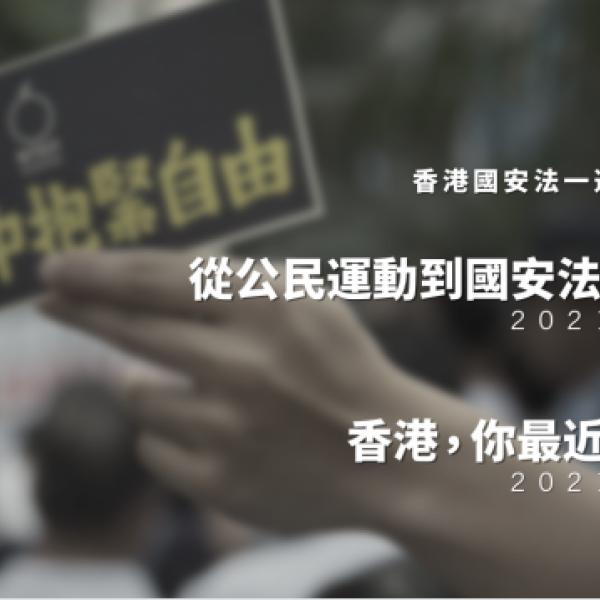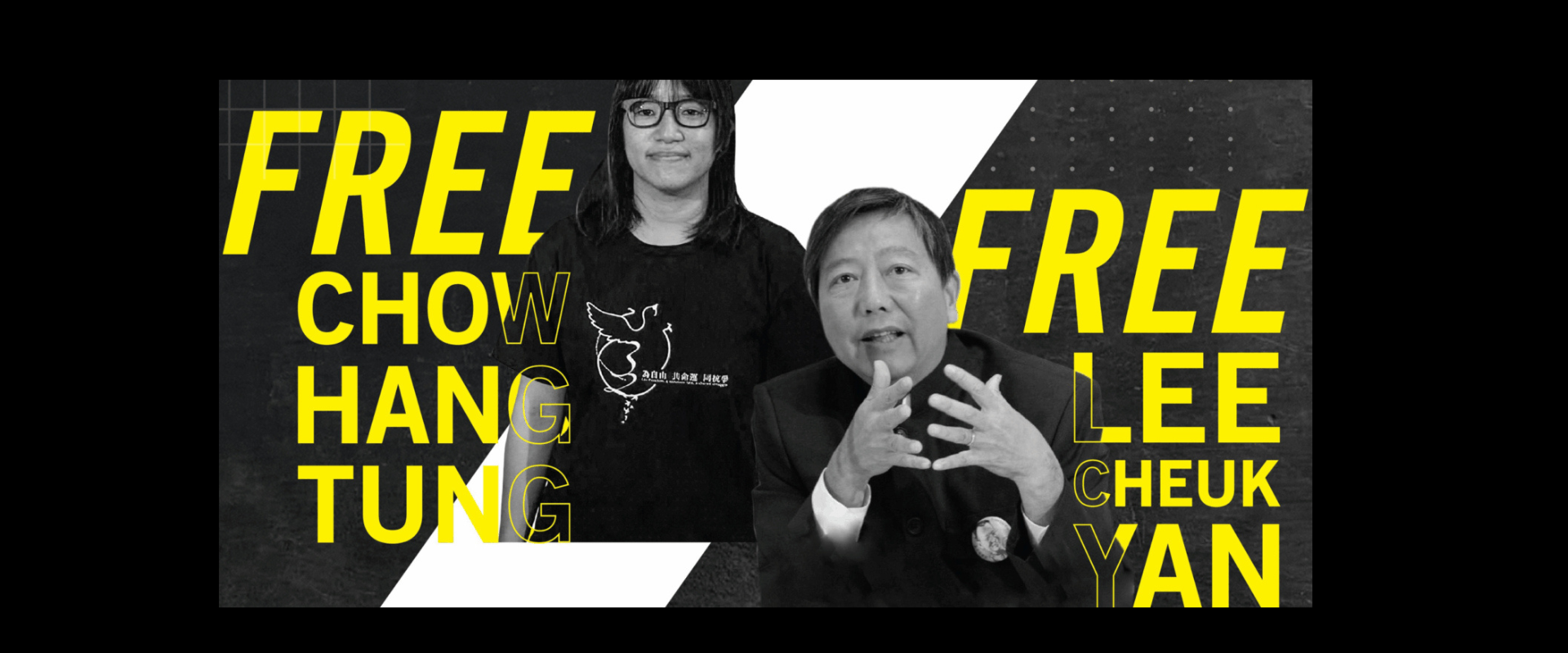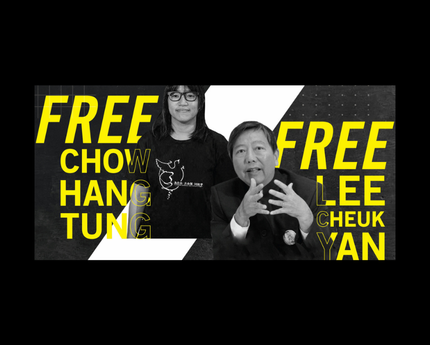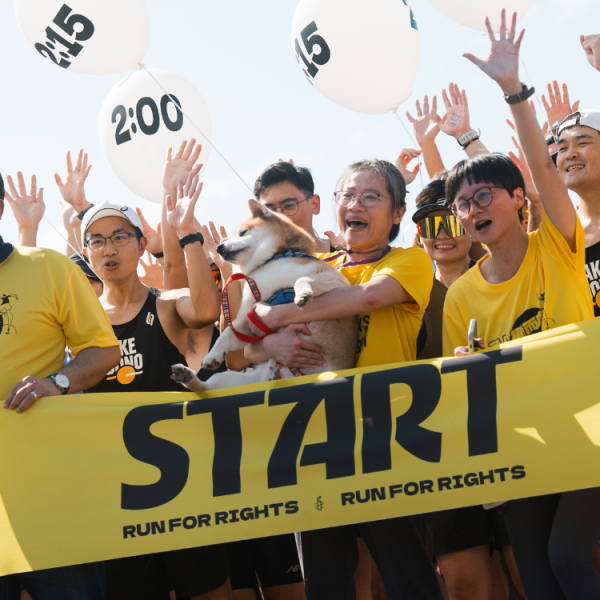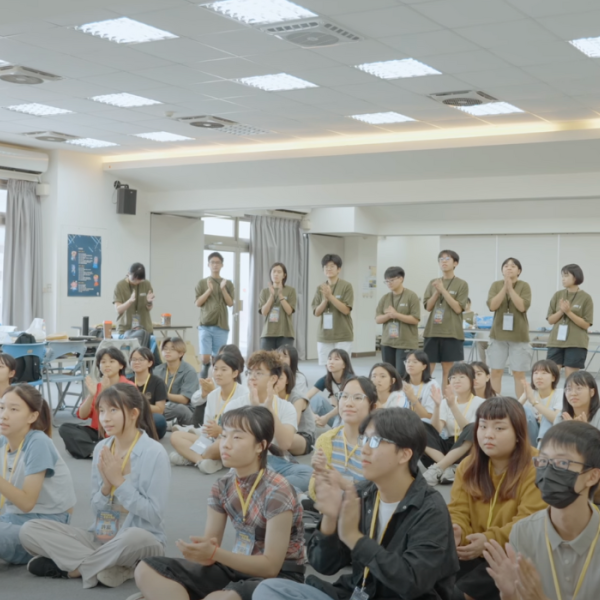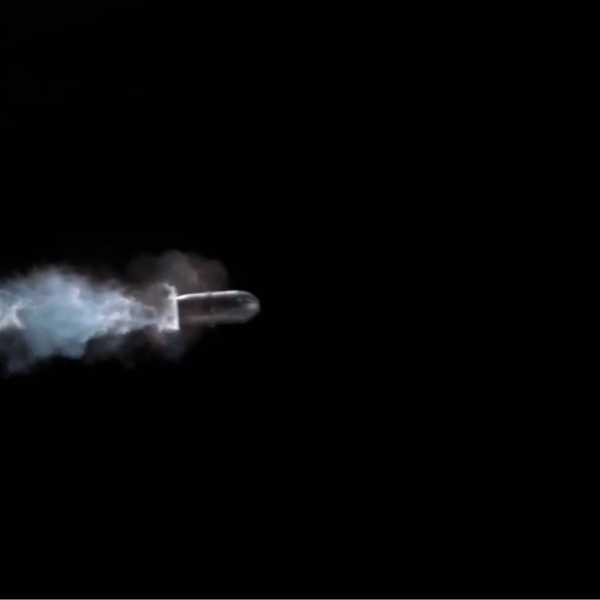大馬反對黨領袖安華面臨不公正審判
國際特赦組織新聞稿|2010年1月29日
在馬來西亞反對黨領袖安華(Anwar Ibrahim)申請調查政府對其不利的證據遭到駁回後,國際特赦組織要求當局撤銷對他涉嫌雞姦罪(sodomy)的刑事指控,因為這項指控顯然帶有政治目的。
馬來西亞高等法院已通知安華於2月2日出庭受審。這已是12年來當局第二次對這位前副總理提出同樣的指控。
1998年,安華公開批評當時的總理馬哈地(Mahathir Mohammed)之後,便遭到逮捕,並被控涉嫌雞姦和貪污。在獲判無罪出獄前,他被隔離監禁長達六年。
國際特赦組織亞太研究部主任札里夫(Sam Zarifi)指出:「馬來西亞當局再次採取同樣的卑劣手段,試圖將這位反對派領袖逐出政治舞台。馬來西亞司法機關根本不應受理這些指控。」
在安華於2004年出獄前,國際特赦組織曾認定他是一位良心犯。
安華因為貪污罪名成立而被剝奪參政權利五年。2008年4月,剝奪參政權利的期間終止後,他便在2008年8月26日的大選中贏得國會議員席位,並成為在野的人民正義黨(Parti Keadilan Rakyat)領袖。
然而就在他當選一個月之前,2008年7月17日,安華再度遭到逮捕,並被控與其前任男性助理發生性行為。如果罪名成立,他將面臨最高20年的徒刑,並且失去議員資格。
依據該國刑法第377B條不當性行為罪對安華提起的刑事指控,違反了國際人權標準。這條英國殖民時期留下的法律,可判處處徒刑與鞭刑,違反禁止酷刑虐待的國際法。此外,聯合國人權委員會也曾在1997年認定雞姦罪違反個人保有隱私的基本權利。
國際特赦組織嚴重關切安華案件涉及的公正審判問題。檢方拒絕在審判前讓被告查閱其所提出的證據,已經違反了公正審判的國際標準以及馬國法律。
札里夫表示:「安華案已使國際社會對馬國改善司法與法治的決心產生更大的疑慮。」
根據馬國刑事訴訟法第51A條規定,檢察官必須將案件卷宗和有利被告的事實以書面交給被告。聯合國人權事務委員會也已確立公正審判的最低要求包括「被告得以翻閱有助於準備辯護的檔案和其他證據資料。」
然而,馬來西亞聯邦法院1月29日的裁決卻未能依法要求檢方提供安華的律師認為可能對其有利的證據。在先前的一項裁定中,上訴法院曾將被告申請翻閱證據稱為「在審判前不當刺探消息」(fishing expedition)。
札里夫說,「法院的裁定使得檢方可以隱匿關鍵證據,這將為馬來西亞的刑事訴訟立下一個危險的先例,為不公正的審判打開方便之門。」
[ENGLISH]
AMNESTY INTERNATIONAL
PRESS RELEASE
For Immediate Release
29 January 2010
Malaysia: Opposition leader Anwar faces ‘show trial’
Amnesty International has urged the Malaysian authorities to drop politically motivated criminal charges of sodomy against Anwar Ibrahim, the country’s opposition leader, after he today lost an appeal for access to the government’s evidence against him.
His trial is now set to begin on 2 February at the High Court. This case is the second time in 12 years that the authorities have brought such charges against the former deputy prime minister.
Following his public criticism of then-Prime Minister Mahathir Mohammed in 1998, Anwar was arrested and convicted on sodomy and corruption charges. He spent six years in solitary confinement before his conviction was overturned and he was released.
“The Malaysian authorities have resorted to the same old dirty tricks in an attempt to remove the opposition leader from politics,” said Sam Zarifi, Asia-Pacific director at Amnesty International. “Malaysia’s judiciary should throw out these charges.”
Amnesty International considered a prisoner of conscience before his release in 2004.
For five years, Anwar was banned from seeking public office as a result of his conviction on corruption charges. After the ban expired in April 2008, he won a parliamentary seat on 26 August 2008, and become opposition leader as head of the People’s Justice Party (Parti Keadilan Rakyat).
But one month before his election, on 17 July 2008, Anwar was again arrested on charges that he had committed sodomy with a male former aide. If convicted, he faces up to 20 years in prison and loss of political office.
The criminal charge of sodomy against Anwar, under Section 377B of the Penal Code, is at odds with international human rights standards. This British colonial-era law provides for prison and whipping, a punishment that violates the international law prohibition on torture and other ill-treatment. Moreover, the UN Human Rights Commission in 1997 ruled that sodomy laws infringe the fundamental right to privacy.
Amnesty International is seriously concerned about fair-trial issues surrounding Anwar’s case. The prosecution’s refusal to deliver evidence to the defence at the pre-trial stage infringes international fair-trial standards and Malaysian law.
“Anwar’s case has rightly raised doubts among the international community and investors about Malaysia’s commitment to justice and the rule of law,” said Zarifi.
Under Section 51A of the Malaysia’s Criminal Procedure Code, the prosecution must deliver documents and a written statement of facts favourable to the defence. The UN Human Rights Committee has established that the minimum facilities for fair trials “must include access to documents and other evidence which the accused requires to prepare his case.”
On 29 January, however, the Malaysian Federal Court failed to uphold the prosecution’s obligation to provide access to evidence which Anwar’s lawyers believe may help exonerate him. In an earlier decision, the Court of Appeals had termed the defence’s application for evidence a “fishing expedition.”
“The court’s decision to allow the prosecution to withhold key evidence sets a dangerous precedent for criminal cases in Malaysia,” said Zarifi. “This is a recipe for unfair trials.”
For more information please call Amnesty International's press office in London, UK, on +44 20 7413 5566 or email: press@amnesty.org
更多影音
- 全球
酷刑工具是如何被警方用來針對示威者?
- 全球
阿姆內斯提青春大舞台 2024高中生人權營
失去眼睛的警察暴力倖存者萊迪述說她的遭遇
- 全球
